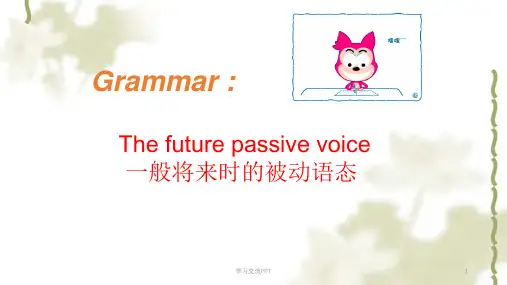将来时的被动语态(公开课)
- 格式:ppt
- 大小:2.14 MB
- 文档页数:21
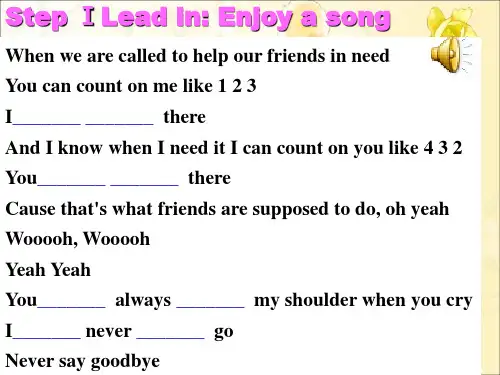
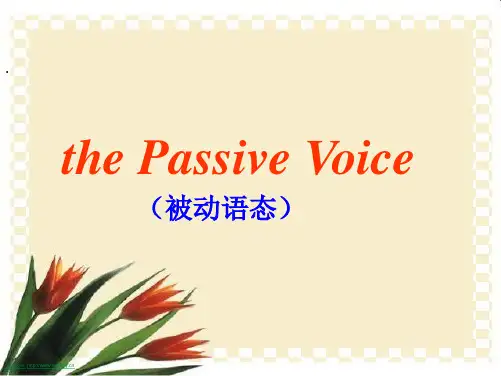
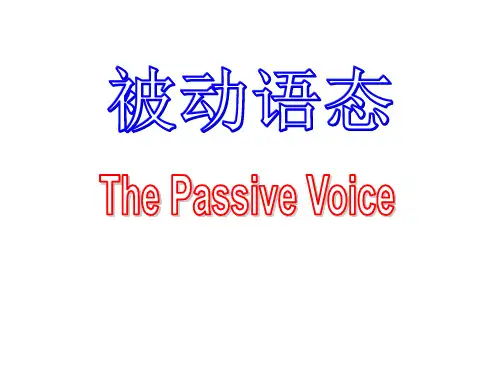
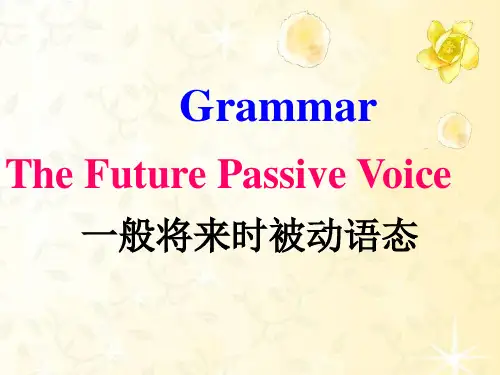
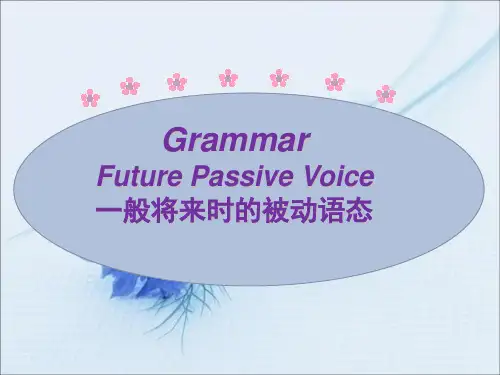
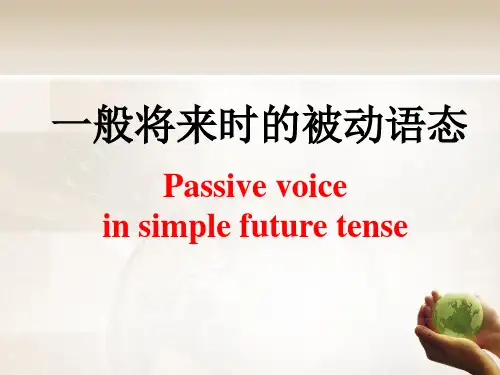


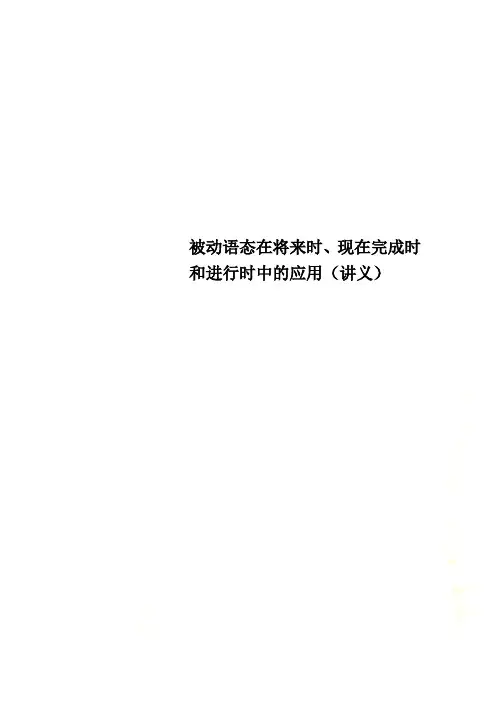
被动语态在将来时、现在完成时和进行时中的应用(讲义)shan’t/ won’t + be +及物动词过去分词疑问式:shall/ will+主语+ be +及物动词过去分词这些形式是常见的一般将来时的被动式,表示单纯的将来,常与表示将来的时间状语如:tomorrow, next week, in a few years等连用。
will 可用于各种人称,shall仅仅用于第一人称。
The building will be finished soon.这座大楼很快会竣工。
If you don’t obey the rules, you’ll be punished.如果你不遵守这些规则,你就会受到惩罚。
Shall I be admitted into the stadium?我会被允许进入体育馆吗?Will he be cheered up by the watchers when competing in the race?他在赛跑时会得到观众的喝彩吗?In the near future, more advances in the robot technology ____________ by scientists.A. are makingB. are madeC. will makeD. will be made答案:D思路分析:主语advance和make之间是被动关系,而且是发生在将来,所以D正确。
2.一般将来时其他常见被动形式:be to be done 表示按计划或安排将要发生的被动动作。
表示“应该”,意思相当于should,可用来征求对方意见。
表示“必须”,意思相当于must或have to。
be going to be done 表示最近即将发生的动作或按计划将要发生的被动动作。
The work is to be done by Tom.这项工作将由汤姆来做。
What is to be done next?下一步该怎么办?The work is to be finished before lunch.这项工作必须在午饭前做完。
